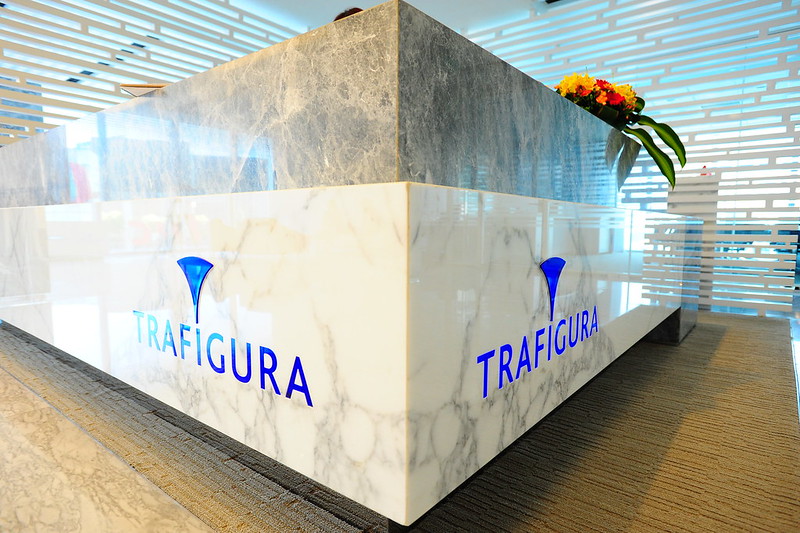Trafigura tells its banks they aren’t exposed to nickel fraud

Trafigura Group is briefing lenders that none of its banks have direct exposure to the nickel deals at the center of what the commodity trader is calling a systematic fraud perpetrated against it.
Trafigura has recorded a $577 million impairment after discovering that metal cargoes it bought didn’t contain the nickel they were supposed to, and has begun legal action against the companies involved, Bloomberg reported on Thursday.
The deals — which involved buying nickel in containers already on board ships, and then selling it on when the vessels reached their destination — were not financed by any letters of credit or other transactional financing from banks, according to people familiar with the matter.
Still, the saga serves as a reminder of the risks involved in financing commodities trading, which has a long and rich history of tricks and scams. In modern times, the industry’s continued dependence on physical documents that can be faked has made it particularly susceptible to fraud.
Trafigura is one of the largest among a group of mostly private companies responsible for buying, selling and shipping natural resources around the world. The industry is heavily reliant on bank credit to finance its activities: Trafigura had total credit lines of $73 billion at the end of its last financial year, with a network of about 140 banks around the world.
Traders use various different types of bank financing to fund their operations. In some types of transactional financing, banks guarantee individual payments or take security over individual cargoes, meaning they can be exposed to losses in cases of fraud.
Trafigura still expects its overall profit for the six months through March will be higher than the previous year even after the impairment, but the discovery of the fraud is an embarrassing setback for the company that has grown rapidly over the past decade to become a dominant force in trading both energy and metals.
(By Jack Farchy and Alfred Cang)
{{ commodity.name }}
{{ post.title }}
{{ post.date }}




Comments